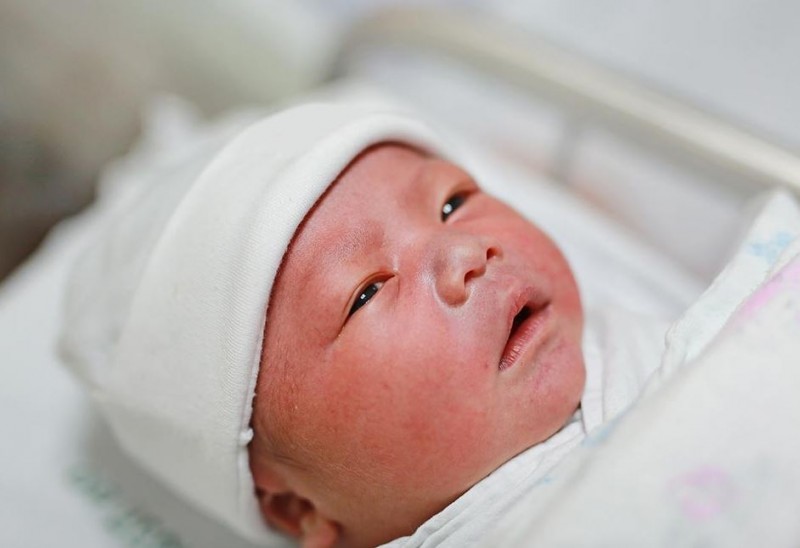
New mothers often find their minds filled with various questions and concerns related to their newborns. These concerns can range from feeding and sleeping patterns to overall well-being. However, one issue that some mothers face, and can be quite perplexing, is when their child sleeps with their eyes partially open. This condition is known in medical terms as "Nocturnal Lagophthalmos." In this article, we will explore the causes, potential risks, and appropriate treatments for this condition.
Causes of Sleeping with Eyes Open
Family Habits:
Research suggests that the habit of sleeping with open eyes in children is often inherited from their family members. If any parent or close family member has this habit, it may get passed down to the child.
Facial Muscle Issues:
Sometimes, issues with the facial muscles can contribute to Nocturnal Lagophthalmos. When certain facial muscles weaken or become dysfunctional, it can be challenging for a child to fully close their eyelids during sleep.
Neurological Conditions:
Certain neurological conditions, such as Bell's Palsy, can affect facial muscles and lead to difficulty in closing the eyes completely during sleep.
Medical Conditions:
In some cases, underlying medical conditions can also be responsible for a child sleeping with their eyes open. Conditions like neurofibromatosis can impact facial muscles and eyelid function.
Risks Associated with Sleeping with Eyes Open
While sleeping with the eyes open may seem harmless, it can potentially lead to several risks and discomforts for children:
Visual Disturbances:
Children who consistently sleep with their eyes partially open may experience visual disturbances in the future. This condition can make their vision appear blurry, which can be concerning.
Eye Fatigue:
Sleeping with the eyes open can cause eye fatigue as the exposed corneas may not receive adequate moisture. This can result in tired and uncomfortable eyes.
Eye Pain:
Some children may experience eye pain due to sleeping with their eyes partially open. The exposed corneas can become dry and irritated, leading to discomfort and pain.
Inadequate Sleep:
Children who sleep with their eyes open may not achieve deep and restful sleep. This can lead to restlessness, irritability, and difficulty concentrating during the day.
Redness and Irritation:
The eyes of children who sleep with their eyes open may become red and irritated, making them prone to eye infections and discomfort.
Vision Problems:
Persistent Nocturnal Lagophthalmos can potentially lead to long-term vision problems, as it can affect the quality of vision over time.
Treating Nocturnal Lagophthalmos in Children
Parents and caregivers can take several steps to address Nocturnal Lagophthalmos in children and alleviate its associated risks:
Gentle Eyelid Closure:
Encourage children to gently close their eyelids before sleep. This may help prevent the eyes from staying partially open during the night.
Artificial Tears:
Using over-the-counter artificial tear drops can help maintain eye moisture and reduce eye irritation for children who sleep with their eyes open.
Consult a Pediatrician:
If the condition persists beyond 18 months of age, consult a pediatrician. They can assess the child's facial muscles and overall eye health to determine if any underlying issues need addressing.
Ophthalmologist Evaluation:
In more severe cases or if there are concerns about vision problems, consider consulting an ophthalmologist. They can provide specialized care and treatment recommendations.
Nocturnal Lagophthalmos in children, where a child sleeps with their eyes partially open, can be a concerning issue for parents. While it may often be a harmless family trait, it can lead to discomfort and potential long-term visual problems. Parents should pay attention to their child's sleeping habits and take steps to encourage gentle eyelid closure and maintain eye moisture. If the condition persists or is accompanied by other symptoms, seeking medical advice from a pediatrician or ophthalmologist is essential to ensure the child's eye health and overall well-being.
How to Enjoy the Health Benefits of Fried Rice on National Fried Rice Day
Empower Yourself: 10 Proven Ways to Prevent Cancer
There is no stronger option of Smartwatch than this in the entire market, know what is the specialty